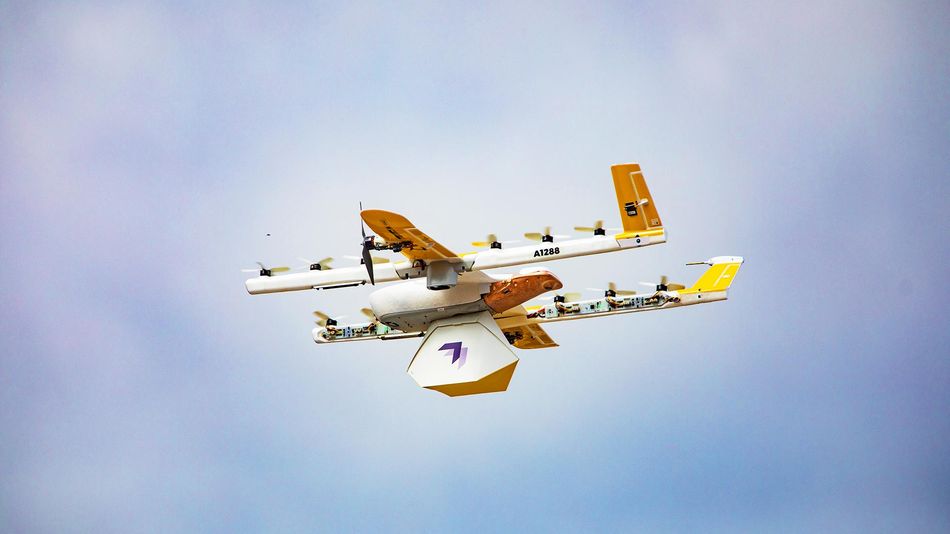
Image: wing

Follow @https://twitter.com/PCMag
PCMag.com is a leading authority on technology, delivering Labs-based, independent reviews of the latest products and services. Our expert industry analysis and practical solutions help you make better buying decisions and get more from technology.
Many U.S. states are lifting some or most of their COVID-19 lockdown restrictions, allowing folks to retain at least some semblance of pre-pandemic life. But not everyone is ready or able to venture outside again. And for those people, Google has a lofty solution.
Public schools in Montgomery County, Va., last week became the first in the world to offer a library book drone delivery service. The idea—allowing kids to access titles even when the library was closed due to novel coronavirus—came from Kelly Passek, a Blacksburg Middle School librarian and one of the original Wing drone delivery customers.
“Access to school library resources is essential for the success of our students,” Passek said in a statement published on the Wing blog. “The MCPS-Wing partnership allows us the most unique way to continue to provide that access so that our students are able to stay engaged with independent reading and continue on their path of success even during this time of social distancing.”
[embedded content]
During the limited trial run, eligible Montgomery County Public School students can request any book from a catalog of more than 150,000 titles, then have it delivered by drone to their yard—for free.
Wing Aviation, a subsidiary of Google parent company Alphabet, last year became the first drone delivery company to receive an air carrier certification from the Federal Aviation Administration. In October, it began transporting FedEx and Walgreens packages to consumers in Christiansburg, Va.
“My mom, also an elementary school librarian, always taught me to appreciate the library and reading at a young age,” Wing’s Virginia site lead Keith Heyde said. “Our system is designed to deliver small packages directly to homes through the air. We’ve always believed that the communities we serve would tell us what they need us to put in those packages, and this is a great example of that.”
This article originally published at PCMag
here
